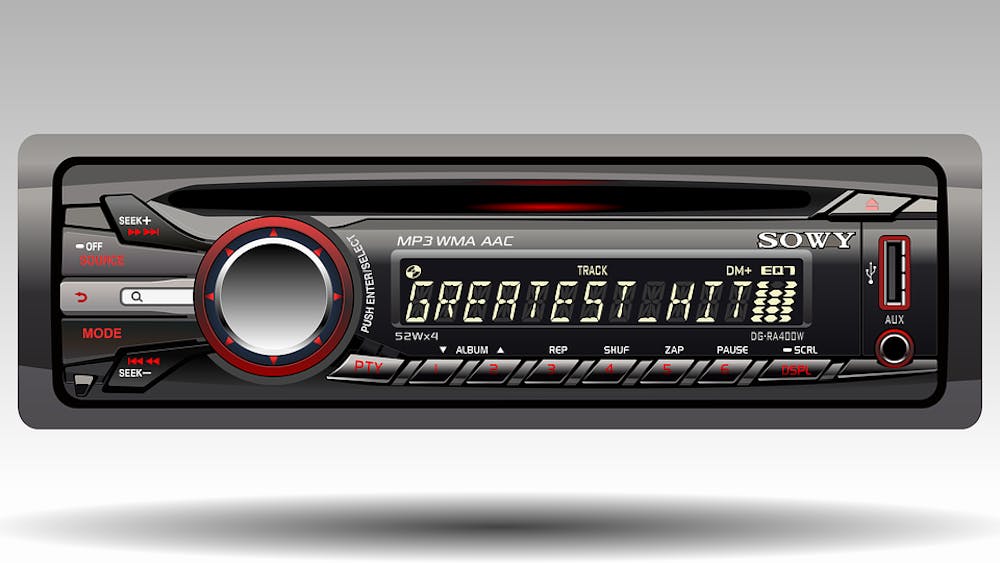90’s kids have seen just about everything when it comes to the evolution of listening to music. Early childhood is marked by vintage memories of poking skinny fingers into the turnstiles of my parents' cassettes, winding them by hand before popping them into the clunky boom-box. Kindergarten is colored by the all consuming excitement of CD’s— I remember shoving my black zip-up CD case into my backpack and secretly showing off my collection on the blacktop during recess. Elementary school was revolutionized by the Walkman. Its sleek portable body changed everything— I could hold it in one hand, while I walked the dog with the other; I could slip it in the mesh side paneling of my backpack on the bus ride to school; I could even hide it inside the folds of my hoodie when my parents dragged me to church. And then of course, middle school meant iTunes and Pandora. Then high school meant Spotify. College meant TidalWave, and so on. 90’s kids have seen it all. We were around when music and technology were growing together.
But throughout all this change, all this evolution, one thing was constant: radio. Radio has been there through it all. Radio was the DJ before DJ’s were even around. It played through the tinny stereo at high school dances, in the plastic speakers in my car. It was there for the good times and the bad.
Sadly, however, radio is a dying art form. In wake of streaming, radio is no longer necessary— it’s now a relic of the past. But being home over the summer, and driving in my 2005 Honda Pilot, a car far too old for an aux cord (hell, it still has a cassette player), I was forced to listen to the radio. And here's why I missed it.
Radio was the first thing that gave me a sense of freedom. As a kid, I constantly fought with my brother to control the stations. As a teenager, it became a source of pride, of agency— after getting my license, nothing felt cooler than rolling up to school with the perfect song playing. Choosing a radio station said something about you— Wild 94.9 meant you were cool and popular, Alt 105.3 meant you were edgy, Mix 106.5 meant you were the friendly girl next door.
But more than that, radio brought people together. It was a shared, communal experience, and driving to high school every morning, I knew my friends were probably listening to the same channels, heard the same jokes cracked by the same radio personalities, drove through the same dead zones. There was something so exciting, so thrilling, and so nerve wracking about not being control of the music— of not knowing what song would come next— and instead putting your trust in someone miles away holed up in a studio. Radio was, above all, a human interaction. I felt as if I knew the radio personalities I listened to— craved their voices, their anecdotes, wanted to know about their lives. I knew they were choosing their playlists for me— there was a sense of intimacy, of closeness that you just can’t get from a generic Spotify playlist. Radio is a realtime connection, not one retroactively revived through listening to someone else’s playlist streamed hours, days, or even months after it was created. Radio happens in the moment.
So as I returned to school in the fall, I realized I probably won't be listening to the radio again until the next time I'm in a car. Radio, you'll be missed.

